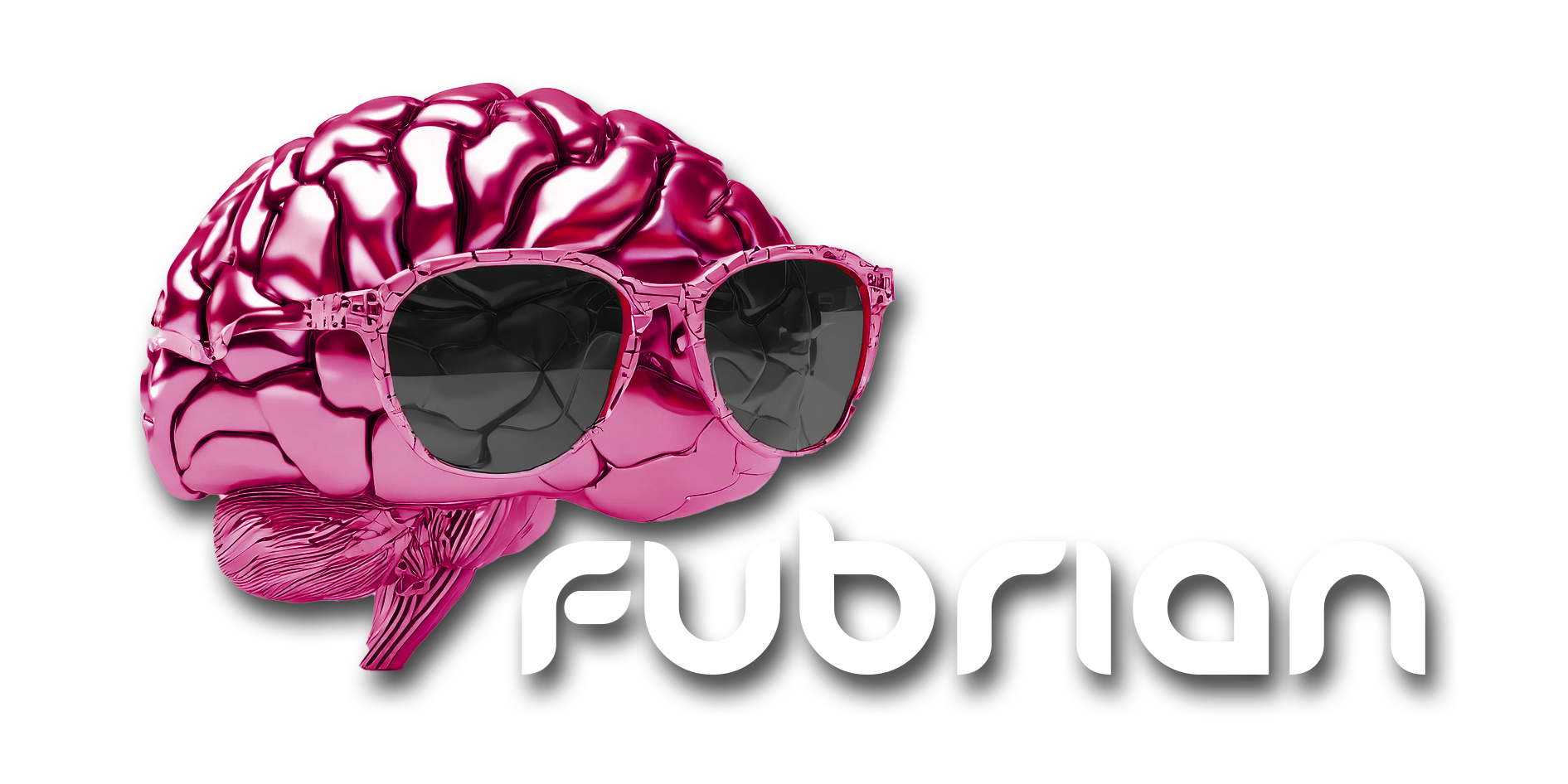What Are Bell's Palsy & Synkinesis?
Bell's Palsy/Synkinesis
Bell’s palsy is a condition that causes temporary facial paralysis, usually on just one side of the face. This happens when the nerve that controls facial muscles develops inflammation and swelling.
Synkinesis is a distressing complication of Bell’s palsy and refers to faulty rewiring of the facial nerve after injury and recovery. Synkinesis causes the facial muscles to contract unintentionally, creating facial asymmetry. Those who are affected may notice that their eyes close involuntarily when they attempt to smile, or while speaking or eating. Synkinesis can make playing a wind instrument extremely difficult to nearly impossible, and is often devastating for anyone afflicted with it.
Greg Spence has developed a breakthrough approach to restore healthy wiring of the facial nerve, often with rapid results. Schedule a coaching session today and get moving on your recovery.
A Pathway To Wellness
Videos
Synkinesis Recovery
Embouchure Dysfunction
Book Your Recovery Session Now
Common Bell's Palsy/Synkinesis Questions
Please contact us with any questions we haven’t answered here.


